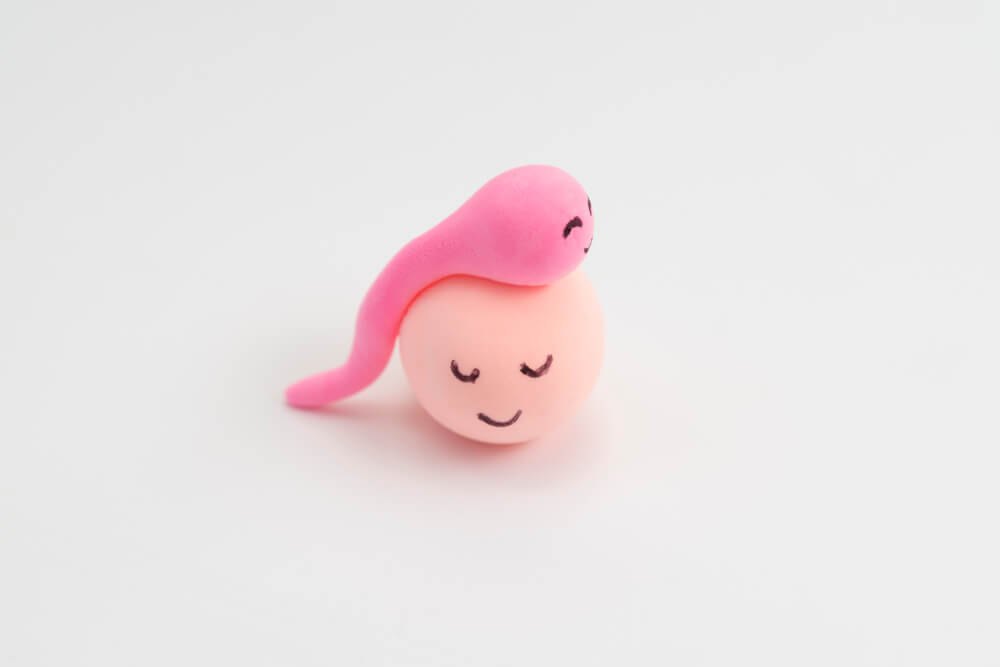How hormones affect mood

Pregnancy is a beautiful, transformative experience but it’s also an emotional journey filled with ups and downs. Many expecting mothers find themselves overwhelmed by sudden mood swings, irritability, anxiety, or even unexplained sadness. While these emotional shifts are perfectly normal, they’re not just “in your head.” The truth is, hormones play a powerful role in shaping how you feel during pregnancy.
In this article, we’ll explore how hormonal changes affect your mood, why it happens, and what emotional support can help you manage the stress and feelings that come with this important phase of life.
The Hormonal Shift During Pregnancy
When a woman becomes pregnant, her body starts producing higher levels of several key hormones. These hormones are essential for a healthy pregnancy, but they also impact the brain in ways that influence mood and emotions.
1. Estrogen
Estrogen levels rise steadily during pregnancy and reach their peak in the third trimester. While estrogen helps in the development of the baby and supports the uterus, it also affects serotonin the “feel-good” neurotransmitter in the brain.
-
Impact on Mood: Fluctuations in estrogen can cause mood swings, irritability, and heightened emotional sensitivity.
2. Progesterone
This hormone increases rapidly in the first trimester. It plays a vital role in maintaining the uterine lining and preventing early contractions.
-
Impact on Mood: Progesterone can have a sedating effect, making you feel sluggish or emotionally flat. In some cases, it can contribute to feelings of sadness or anxiety.
3. Human Chorionic Gonadotropin (hCG)
Produced after implantation, hCG is the hormone detected by pregnancy tests. It supports the early stages of pregnancy and causes a range of physical changes.
-
Impact on Mood: Though not directly responsible for mood changes, hCG contributes to nausea and fatigue, which can indirectly affect emotional well-being.
4. Oxytocin
Often called the “love hormone,” oxytocin increases during labor and breastfeeding, helping build maternal bonding.
-
Impact on Mood: While oxytocin generally promotes positive feelings, emotional overwhelm or anxiety about childbirth and parenting can create stress if support is lacking.
Emotional Reactions You Might Experience
These hormonal shifts can lead to a range of emotional experiences, such as:
-
Unpredictable mood swings – Feeling happy one moment and teary the next.
-
Heightened sensitivity – Reacting more strongly to comments or situations.
-
Increased anxiety or worry – Especially about the baby, future, or personal identity.
-
Episodes of sadness – Sometimes without any obvious reason.
-
Mom guilt or self-doubt – Wondering if you're doing everything "right."
You’re Not Alone: Why Emotional Support Matters
Recognizing that hormonal changes are biological and normal helps reduce self-blame. But managing these emotional changes is easier with support.
Tips for Seeking Emotional Support:
-
Talk to a Trusted Person
Share your feelings openly with your partner, a friend, or a family member. Expressing what you’re going through can relieve emotional pressure. -
Join a Pregnancy Support Group
Whether in-person or online, connecting with others on a similar journey can make you feel less isolated. -
Communicate with Your Healthcare Provider
If your mood swings feel extreme or persistent, discuss them with your doctor or midwife. They can help identify whether you’re dealing with typical changes or something more, like prenatal depression. -
Create a Self-Care Routine
Sleep, nutrition, hydration, and light exercise can help regulate mood. Mindfulness, prenatal yoga, and breathing exercises also support emotional balance. -
Don’t Hesitate to Ask for Professional Help
Seeing a counselor or therapist trained in prenatal care can be a powerful tool to manage overwhelming feelings.
Final Thoughts
Hormonal changes during pregnancy are unavoidable but emotional suffering doesn’t have to be. Understanding the connection between hormones and mood allows you to take proactive steps. With the right emotional support, self care, and awareness, you can navigate the emotional waves of pregnancy with strength and grace.
Remember: You are not being overly emotional. You are pregnant, and your body and mind are working overtime. Be kind to yourself. You’re doing something amazing.
Related Articles

Signs of ovulation to look for

Baby development at 2 weeks

Asking for flexibility when needed

Baby development at 33 weeks

Baby development at 3 weeks

Getting expert advice if needed

Preparing for Labor and Delivery

Preventing rashes or infections